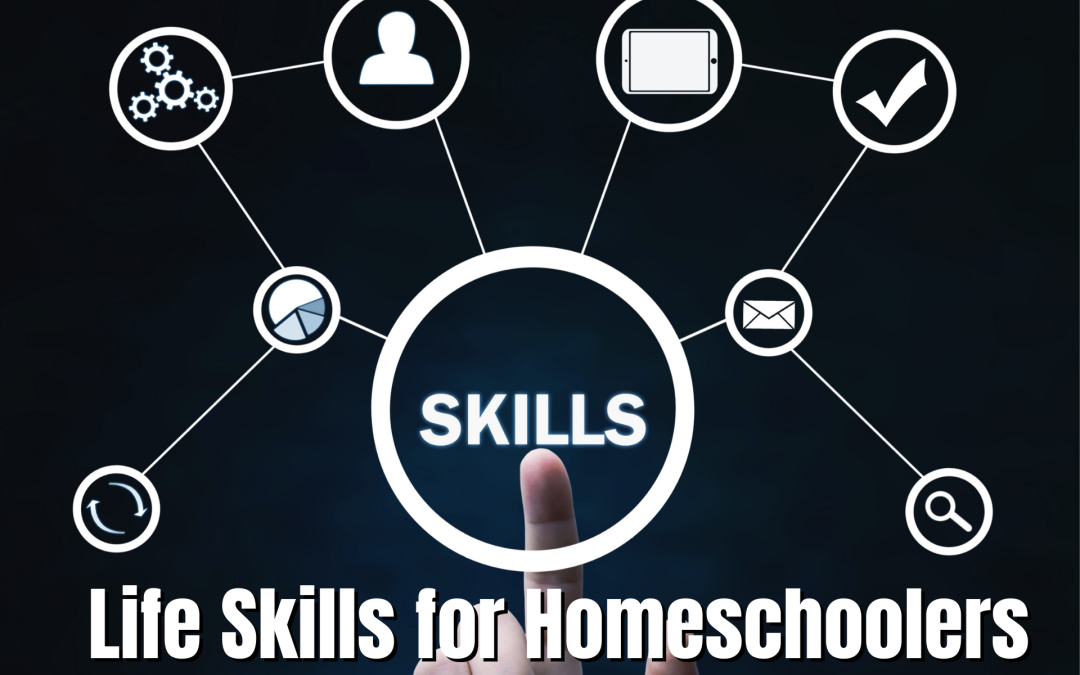Adulthood appears in a blink of an eye. Our middle school and high schoolers need to learn essential life skills from somewhere, and it typically isn’t from a traditional school. This is one reason why homeschool critically benefits future generations. A conventional student who pursues their education in person through the school district is unlikely to cover life skills mandatory to know as adults. A homeschooled child has more allotted time for chores and watching their peers accomplish various tasks that develop into a more hands-on future.
Here are the top life skills to teach at home that no school but homeschool will adequately address:
-
Laundering
Washing and drying clothes, towels, bedding, or other fabrics are a necessity in life. Far too often, children leave home to go off to college or rent their own place and are unsure how to do their own laundry. Questions arise, such as washing darks and lights together or dryer settings to use that don’t shrink our clothes. Thankfully, times of liquid soap are in the past, and pods have created ease of washing, but the laundry soap staining cloth is still prevalent. Is it best to put the pods in first or on top of our load? Children must know these little things about life before treading their journey alone.
-
Cooking
People will often seek out cooking classes for either a new variety or learn how to make meals at home. Cooking is another essential life skill that children can obtain. Many college students live off macaroni and cheese or cereal, along with others that will burn anything they attempt to cook—even toast. A great way to implement cooking for children is to have your middle or high school student cook one meal a week. These meals teach measurements and foster critical thinking through recipes, becoming an excellent association of mathematics and science!
-
Automotive
As we get older, complications with our vehicle arise to the point where we need to fix or patch up an issue quickly. Sometimes these problems cannot wait for a technician due to immediacy or finances. Some high schools have an auto shop to teach automobile skills. However, the majority of automotive experience comes from the home, where a child is taught to switch out a flat tire, change their oil, check fluids, charge a battery, jump start a vehicle, and a variety of tune-ups.
-
Finances
Adulting is challenging and hardly taught in children’s curriculum. A great way to address learning finances is to have children be involved in some financial aspects. Many children become adults with little to no knowledge of how to sort bills, write a check, or understand interest rates. Parents can add to their child’s math homework by creating fake numbers to budget, fill out a money order for a bill, or add up the differences between what is owed and how much of your paycheck is left over. Credit is another vital aspect that children can start learning sooner than later.
Other life skills that your homeschooler can become easily acquainted with are making appointments, how to maintain a home, and pumping gas. These questions regarding life skills are common with young adults and are answered sooner and more frequently with children with an excellent home-based learning environment. The ability to focus on both school and home life aids in more structure and skillsets in the transition from child to adult.
Jessica Weger is pursuing a bachelor’s degree in Journalism and Mass Communication at the University of Arizona Global Campus. Providing care for the disabled has been a lifelong journey that made Jessica strive to bring aid and awareness with her writing. She has two little boys that keep her on her toes while bringing out the fun in life. The saying “it takes a village to raise a child,” is true, but she also believes that sometimes it takes a village to be the best we can be. Jessica has a creative writing background with a published collection of poetry and desires to be the glue in piecing together stories that make a difference.

